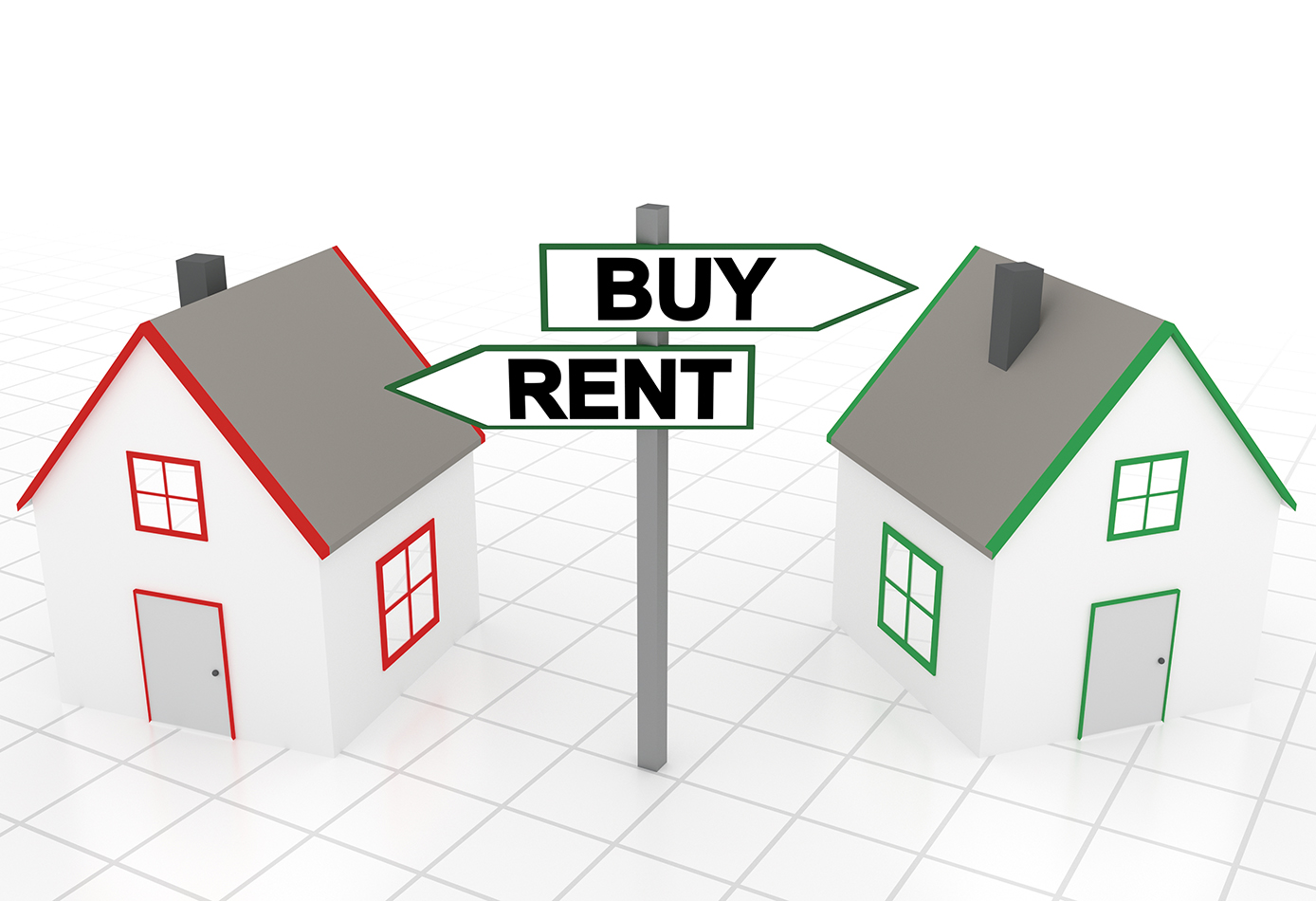When it comes to where you’ll be living, it’s a question worth asking
By Olev Edur
Photo: iStock/makaule.
So, the kids have grown and flown the nest, and you’re beginning to look at your family home with an eye to selling and moving on. The choice might be personal or it could be a matter of finances. Perhaps maintenance has become too much of a chore, or you simply want a more carefree retirement lifestyle. Maybe endless bills and repairs threaten to overwhelm your fixed retirement budget. Or maybe you just want to be somewhere else, perhaps on a beach in a climate that is warm year-round.
“The decision to move could be prompted by any number of reasons,” says Shelley Smith, a financial planner with TD Wealth in Toronto. “If you’re retiring and have no pension, for example, you may need to access the equity in that home. Or is it for practical reasons? For example, are you moving to be closer to the kids?”
“On the non-financial side, it may be mobility issues, for example—someone has a big home on three or four levels,” says Michael Dorfman, managing director of The Dorfman Group at BMO Nesbitt Burns in Toronto. “It’s a lot easier to take an elevator than to climb two or three levels of stairs every day. When retirees want to move closer to family, though, they also should think of being near medical facilities.”
Whatever the motivation, you have to consider the dollars and cents first; how much money will you get for your current home? Equally important, where do you hope to go and what will it cost to get there?
Choices
Your basic choices in downsizing, at least in Canada, are to buy a smaller condo or perhaps a bungalow (although this might entail almost as much work and expense as your current home) or else choose the rental route (moving to a retirement community could mean either buying or renting). Each approach has its merits and drawbacks, depending on where you live now, where (and how) you’d like to live, and what resources you have.
If, like many Canadian retirees, you don’t have a gold-plated pension or a sizable nest egg, then unless you’re moving from a big city to the countryside, renting may be a necessity and not an option. But it can be a very attractive option for some people, regardless of their income.
In the case of Vern and Jean Bastarache, a now-retired couple who sold their suburban Toronto home a couple of years ago, there were two main reasons for their decision: Jean’s arthritis had gotten to the point at which she couldn’t do her gardening anymore, while Vern was selling the deli he had operated 12 hours a day for the past 20 years, so that income stream would stop. Although there would be some money from the deli sale, a small pension, and, of course, CPP and OAS, it would be tight.
“We really didn’t have enough money to stay in the house, not without the income from the shop,” Vern says. “We looked around and found a nice apartment—it was a co-op, so the rent was very reasonable—and put the money from the house sale into bonds and GICs. We use it for special things like a cruise, or it’s there for emergencies. It’s nice to have that cushion. It’s also nice not to be paying for all those repairs and bills all the time.”
The prospect of not paying bills can be attractive regardless of how much money you have.
David Wright, a retired and widowed college professor, is financially comfortable with a decent pension plus a nest egg to which he added the proceeds from selling his suburban Toronto home last year. He had already decided to rent and, through a chance meeting, found the perfect apartment close to downtown, so he signed the lease and then sold the house. “It was a bit of a mad rush because now I had the apartment and the house,” he recalls.
As for why he chose to rent rather than buy, Wright attributes the choice to housekeeping fatigue combined with lifestyle considerations. “I got tired of doing all that work,” he says, “and I don’t have any dependants—no need for an estate—so it didn’t make sense to have all that money tied up in a house if I could pull it out and enjoy it.
“I do miss having the outside space, but not enough that I’d want to do all that work maintaining it,” Wright adds. “And I love my new location, being able to walk out the door and be right in the city, with restaurants and entertainment and everything else right there.”
On the other hand, of course, ownership has some undeniable plusses. It’s your home come hell or high water, not subject to owners selling it out from under you, jacking up the rent, or evicting you to make room for relatives. You own it, the price isn’t going up (although interest rates may raise the cost of any mortgage), and you can fix it up any way you want (although condos usually have some restrictions on unit modifications).
Those considerations are enough to deter Enid Moscovitch, who recently retired and is planning to sell her midtown Toronto house and find something that can be more easily managed. She’s now in the process of looking at what’s available in the city—like Wright, she appreciates the amenities of city life, and with a decent pension plus the house proceeds, she isn’t too concerned about the financial side of the question. “I just wanted to have more control over my living space,” Moscovitch says. “That’s the main reason I won’t rent.”
Three different situations, three different approaches. “A variety of factors can come into play when you’re thinking of selling your home,” Dorfman acknowledges. “Clearly, one is financial, but there are the softer lifestyle factors, as well. In some cases, it can be as much about personal preferences as about money.
“For most people who are downsizing, though, the key factor is the necessity of generating cash flow to fund your retirement,” Dorfman says. “You have to start by taking a hard look at your finances. Some people arrive at retirement and find that they just don’t have enough cash flow, so they need to monetize the house to generate that income. Others may find their pensions and investments are enough to cover all their expenses, so for them, the decision is more about lifestyle than finance.”






